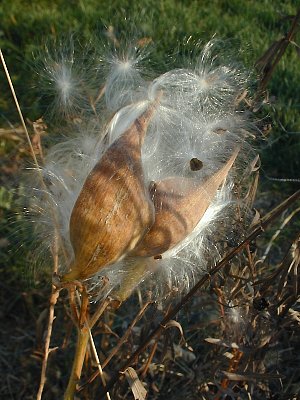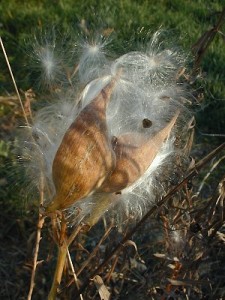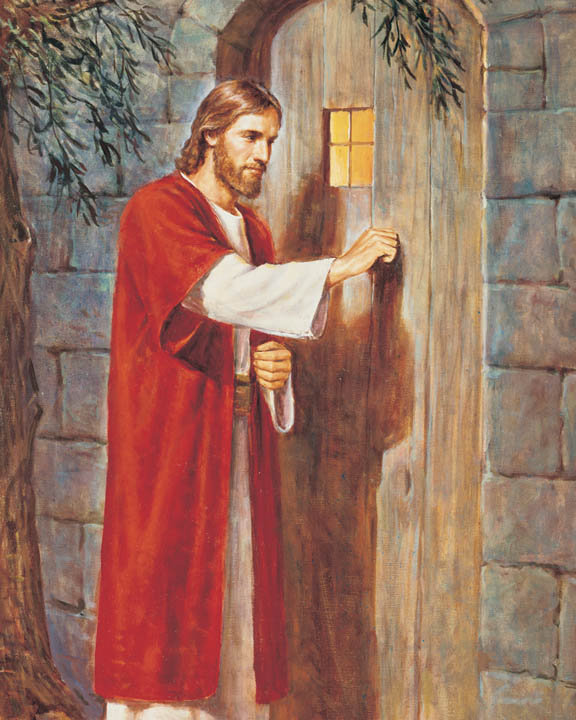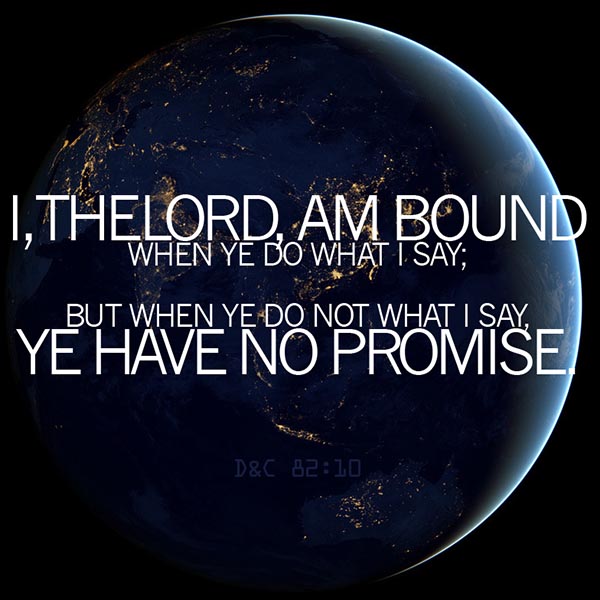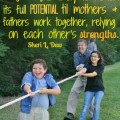I was in the front row of a class, asleep as I could be with my eyes open and my head up, when my teacher quoted these lines of poetry by Richard Wilbur.
“Two Voices in a Meadow”
A Stone
As casual as cow-dung
Under the crib of God,
I lie where chance would have me,
Up to the ears in sod.
Why should I move? To move
Befits a light desire.
The sill of Heaven would founder,
Did such as I aspire.
A Milkweed
Anonymous as cherub
Over the crib of God,
White seeds are floating
Out of my bust pod.
What power had I
Before I learned to yield?
Shatter me, great wind:
I shall possess the field.
Something about that image — that milkweed pod swept up by the wind, willing to be burst open, to expand its tiny self into a whole field of life and growth and possibility — it resonated in my head and settled peacefully in my chest.
I finally understood.
Spiritual gifts — intrinsic talents and inclinations we are given by God — are real. They are personal. Each person has different ones, and every person has at least one — to mourn with those that mourn, to discern meaning in complex things, to forgive freely, to exude contagious cheerfulness, to laugh, to cry, to bear powerful testimony, to ask good questions, to notice the unnoticed, to love the lonely, to wait.
The stone in me is tempted to believe that the sill of Heaven would founder — that I would be mocked and turned away or that I would just make things worse — if I aspired to something, if I thought for second that I might have a spiritual gift worth cultivating. I am tempted to listen to those internal voices telling me that I’m worthless, that I’m giftless, that I’m incapable of helping the helpless or changing what needs changing in the world.
But when I catch hold of that thought — the thought that if I will just yield to God’s will, he will expand the little I have on my own — I am free. I see my gifts. I see the possibilities they hold, and I am no longer an immoveable stone in the ground, but a floating, soaring milkweed, possessing the field below me.

